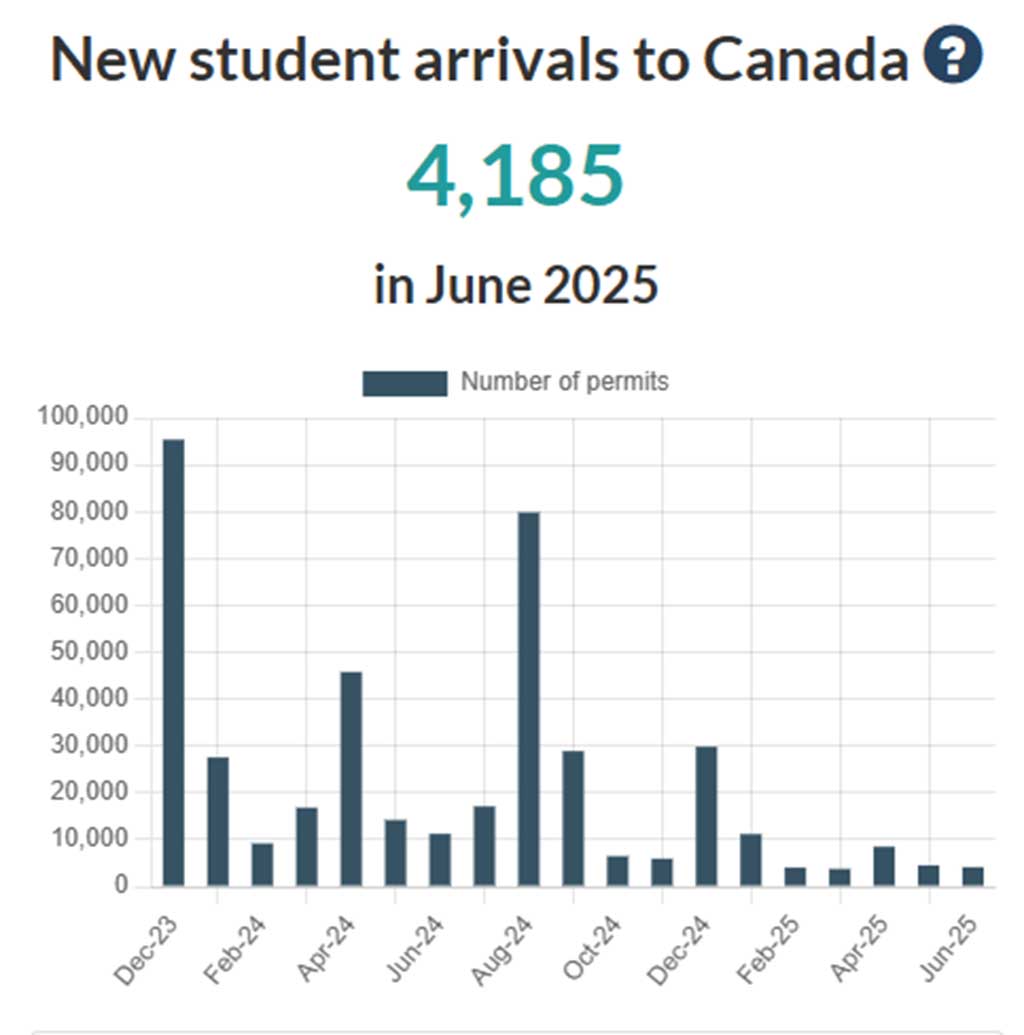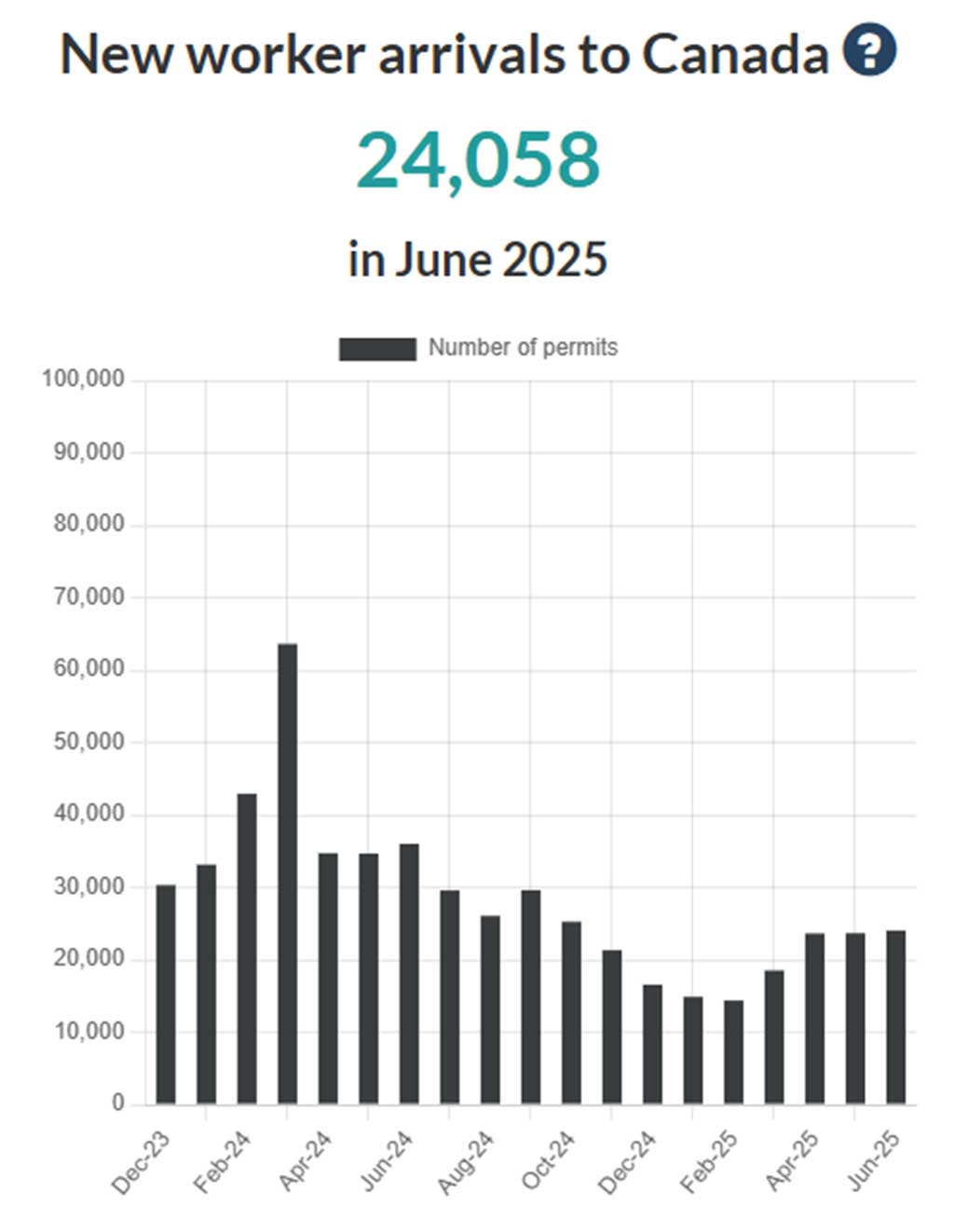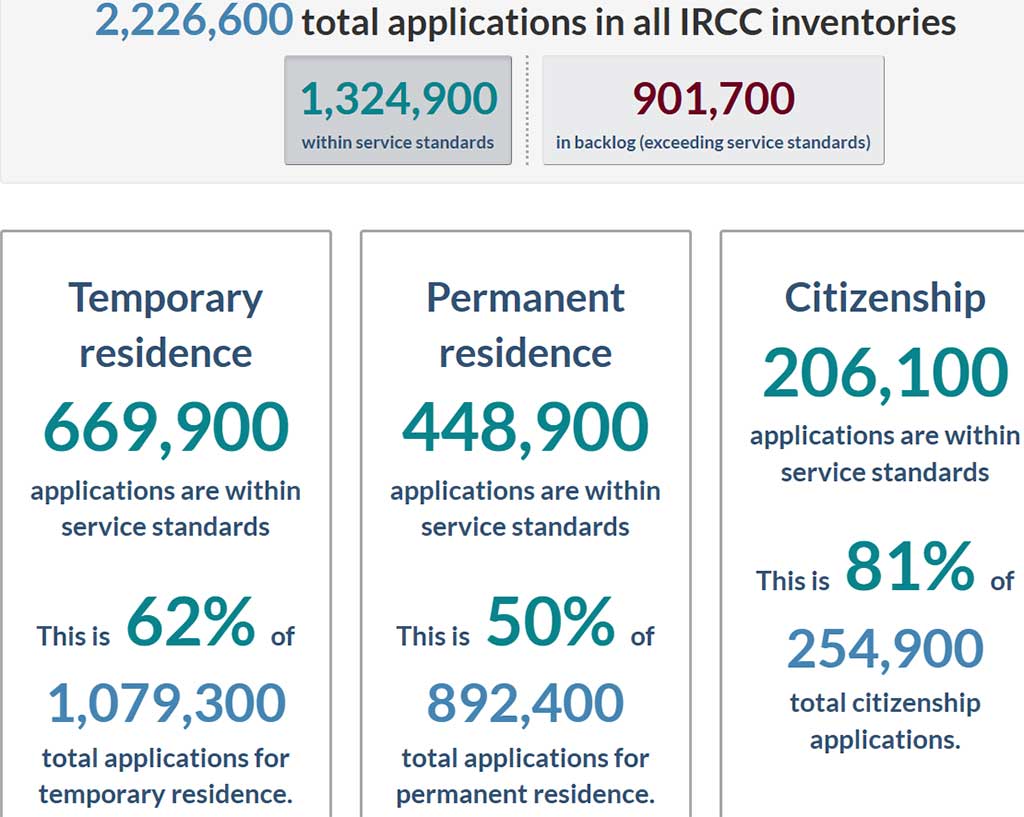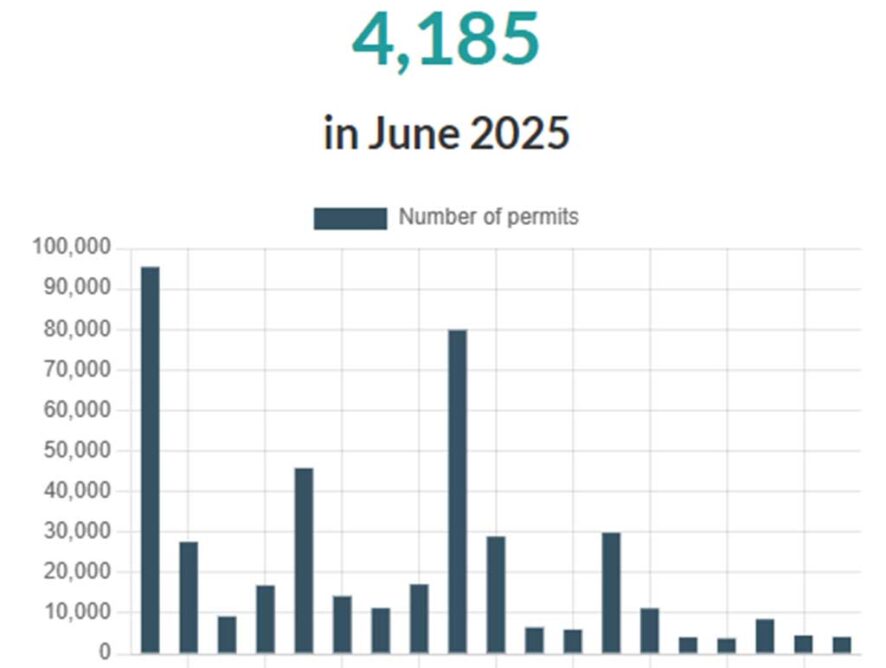The Government of Canada has released its latest immigration figures for 2025, offering insights into the country’s evolving immigration landscape. With immigration continuing to play a central role in Canada’s economic and demographic growth, these updates carry significant implications for Filipinos — one of the largest immigrant communities in Alberta.
Highlights of Canada’s Immigration Landscape
• Reduction in Temporary Residents: The federal government is taking steps to gradually reduce the number of temporary residents in Canada. This includes stricter requirements for Temporary Foreign Worker (TFW) programs and study permits.
• Pathways to Permanent Residence: While temporary streams are tightening, opportunities for permanent residency remain strong, especially through the Provincial Nominee Programs (PNPs) and Express Entry.
• Labour Market Focus: Priority is being placed on occupations in demand, particularly healthcare, skilled trades, education, French language proficiency, STEM occupations and agriculture and agri-food occupations. This reflects the need to fill persistent labour shortages.
According to IRCC data, as of June 2025, there were only 4,185 international student arrivals in Canada — a decrease of 88,617 compared to the period from January to June 2024.
IRCC is working to reduce the number of international students entering Canada to a more sustainable level. The data for study permits reflects seasonal trends, with a significant increase during the summer months, as most permits are issued ahead of the September school year.
IRCC introduced an annual cap on international student study permits in 2024 and announced a further 10% reduction in 2025. They also strengthened the International student Program with an increased acceptance letter review to prevent study fraud, raised financial requirements to better prepare students, and ended the Student Direct Stream.
As of June 2025, there were only 24,058 Temporary Foreign Worker arrivals in Canada, compared to 125,903 arrivals during the same period from January to June 2024.
IRCC updated the Temporary Foreign Worker Program by introducing on Sept 26, 2024, a 10% cap on law-wages hires per workplace (20% in certain in demand sectors) and introduced a refusal to process policy in urban areas with unemployment at or above 6%. As of Nov 8, 2024, more positions are subject to these rules due to an increase in the wage threshold for the high wage stream. They also reformed the Post-Graduation Work Permit Program and limited work permits for spouses of temporary residents.



As of July 31, 2025, IRCC had a total of 2,226,600 applications in its inventory, with 1,324,900 within service standards and 901,700 considered backlog (exceeding service standards).
Impact on the Filipino Community
For Filipinos in Alberta, these changes bring both challenges and opportunities. Many works in essential sectors such as healthcare, food services, and caregiving — areas that continue to face labour shortages. However, the government’s push for employers to prove stronger recruitment efforts for Canadians before hiring TFWs makes the LMIA process more difficult.
At the same time, the federal and provincial governments are aligning immigration policies to ensure that qualified foreign workers already in Canada, including many Filipinos, have clearer pathways to permanent residency.
Looking Ahead
The Filipino community has long contributed to Canada’s growth — from frontline healthcare workers to entrepreneurs and educators. Staying informed of these policy shifts ensures that applicants and employers can make strategic decisions about immigration pathways.
As Canada balances the number of temporary and permanent residents, it is essential for Filipinos to seek professional guidance, stay updated on program changes, and take advantage of opportunities to secure permanent status.
Source: Immigration, Refugees and Citizenship Canada
Contact Marjorie at info@mcncanadaimmigration.com
A word of caution: You should not act or rely on the information provided in this column. It is not a legal advice. To ensure your interests are protected, retain, or formally seek advice from a Regulated Canadian Immigration Consultant (RCIC) in good standing of CICC. The views expressed in this article do not necessarily reflect those of RCIC’s.


